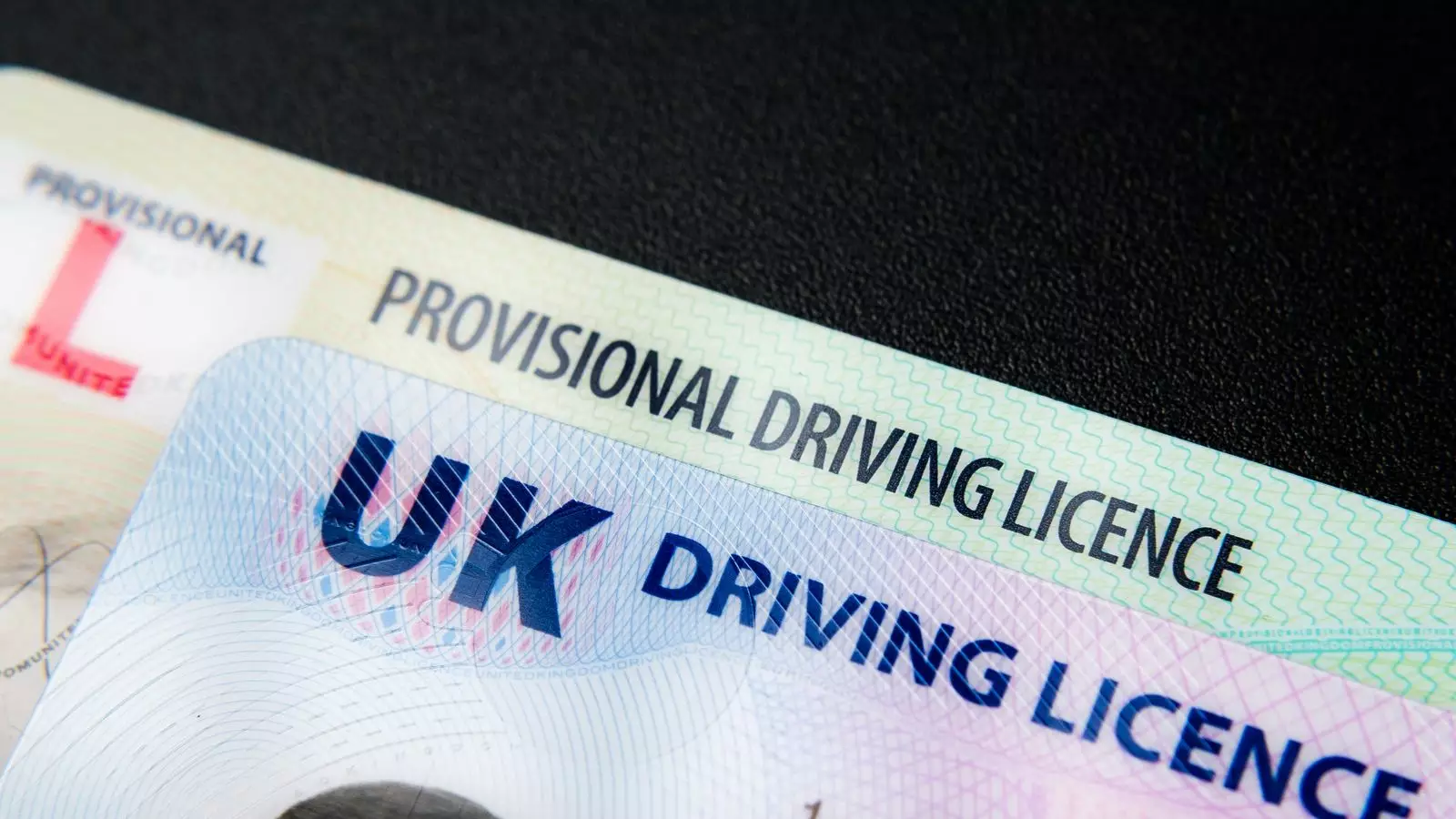In the landscape of developed economies, the United Kingdom stands out for its absence of a national identification (ID) system. Recent research has spotlighted this anomaly, revealing that among the 38 member countries of the Organisation for Economic Cooperation and Development (OECD), the UK is joined by only five other English-speaking nations—Australia, Canada, Ireland, New Zealand, and the United States—in this lack of an ID scheme. This exclusivity raises questions not just about the efficacy of governance in the UK, but also about the implications of adopting a digital ID system.
The conversation surrounding digital ID cards has been reignited, with former Prime Minister Sir Tony Blair playing a pivotal role. In a recent op-ed for the Daily Mail, Blair characterized the establishment of a digital ID system as a necessary disruption in government operations. He argues that modern technology presents opportunities to achieve desirable outcomes like reduced taxes and improved efficiency—goals that have historically seemed out of reach. Blair’s assertion that “Our present system isn’t working” reflects growing dissatisfaction with existing bureaucratic mechanisms, suggesting that a digital ID could serve as a transformative tool.
While Blair acknowledges the historical context—compulsory physical ID cards were initially a feature of his agenda—he emphasizes the potential financial advantages of a digital system. Research from his institute posits that, although the initial set-up costs may be around £1 billion, the returns could be substantial, with projections estimating a savings of £2 billion annually for the Treasury. Such claims warrant scrutiny, particularly in the landscape of scarcity where public sector efficiency is paramount.
The proposition of a national ID system ushering in modernization is met with a complex array of opinions. Proponents, including various sector analysts, argue that a digital ID could enhance the flow of services and thereby positively influence the UK’s GDP—potentially increasing it by 3%, according to McKinsey’s analysis in 2019. This figure supports the notion that streamlining access to public services is not merely an administrative convenience, but a robust economic strategy.
Conversely, a vocal cohort of opponents raises alarms over civil liberties, fearing that the introduction of ID cards could facilitate the expansion of a surveillance state. The argument posits that the risks associated with increased data collection and privacy infringement outweigh the potential benefits. This ongoing clash between perceived benefits and civil rights must be navigated carefully, as government decisions invariably impact public trust.
Across the globe, the implementation of national ID systems varies significantly. While Chile, Luxembourg, and Turkey mandate citizens to carry identification at all times, most OECD nations adopt a more flexible stance. In recent years, nations such as Norway and Japan have initiated ID schemes, reflecting a growing trend towards formalized identity verification. This international context beckons the UK to reconsider its stance, particularly in an era where mobility and digital interactions surge.
Interestingly, Australia recently began a rollout of its digital ID initiative, despite facing privacy and security reservations. Britain’s reaction to similar initiatives has been cautious but ambiguous. Business Secretary Jonathan Reynolds hinted at evaluating digital ID without committing, demonstrating the government’s struggle to articulate a definitive position amidst conflicting pressures.
In light of the ongoing discourse surrounding digital ID, the UK’s government must tread carefully to cultivate a system that respects individual freedoms while embracing technological advancements. Recent indications from ministers reveal intentions to create a voluntary digital identity framework without obligatory ID cards—a promising move toward finding a balance.
The landscape is ripe for constructive debate on this crucial issue. As international trends shift, the UK has an opportunity to innovate responsibly, ensuring that any ID system serves to enhance efficiency without compromising the fundamental rights of its citizens. Ultimately, the dialogue surrounding digital ID encapsulates broader questions about governance, personal freedom, and the role of technology in society.

